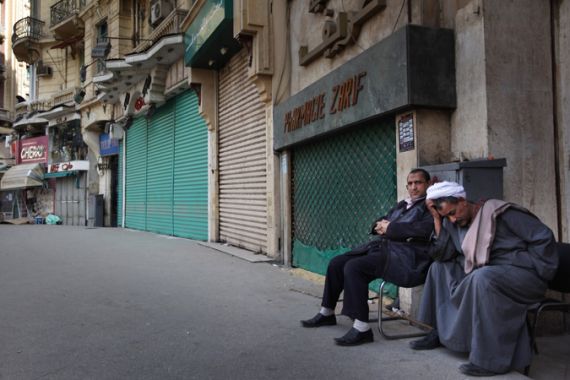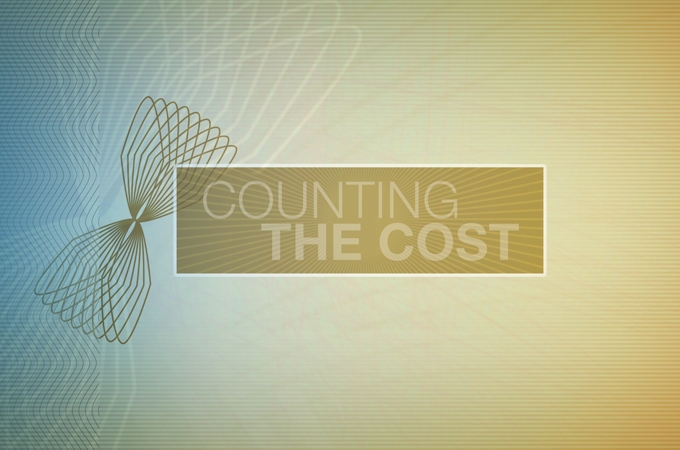
The financial cost of the Arab Spring
What are Egypt’s prospects for economic recovery, and where is the wider Middle East heading?
From Tunisa to Egypt and across the Arab World, it has been a year of hard-fought freedoms.
Almost 11 months after the Arab uprisings began, where political dynasties have fallen, the process of democratisation has started and millions hope for a brighter future.
Keep reading
list of 4 itemsWhy are nations racing to buy weapons?
Parallel economy: How Russia is defying the West’s boycott
US House approves aid package worth billions for Ukraine, Israel
But as they say, freedom is not free, and there are now some clear financial costs emerging.
The numbers from political analysts Geopolicity – which base their estimates on data from the International Monetary Fund (IMF) – show almost $21bn have been lost in “the real economy”, meaning in the production of goods and services.
Public finances have deteriorated by $35bn, that refers to the money the government raises from taxes and other sources. All for a grand total of $55.84bn.
We are focusing on Egypt this week, which finds itself striking a delicate balance in this post-Mubarak era. It needs to spend to stimulate its economy, not so little that it ends up damaging the recovery, but enough to keep the people happy and the social unrest at bay.
Also, Boeing’s Dreamliner takes flight, and it is the Japanese flag leading the way in the air and on the ground. It has finally flown commercially, with the Japanese airline ANA – All Nippon Airways.
Apart from criticisms over fuel efficiency and reduced cabin pressure, the Dreamliner is something of a Japanese success story – the kind of story Japan needs after the year it has had.
And a catch up with the boss of Air Asia. Tony Fernandes talks about his thoughts on the Dreamliner, as well as his own expanding business empire.
Counting the Cost can be seen each week at the following times GMT: Friday: 2230; Saturday: 0930; Sunday: 0330; Monday: 1630. Click here for more on Counting the Cost. |
